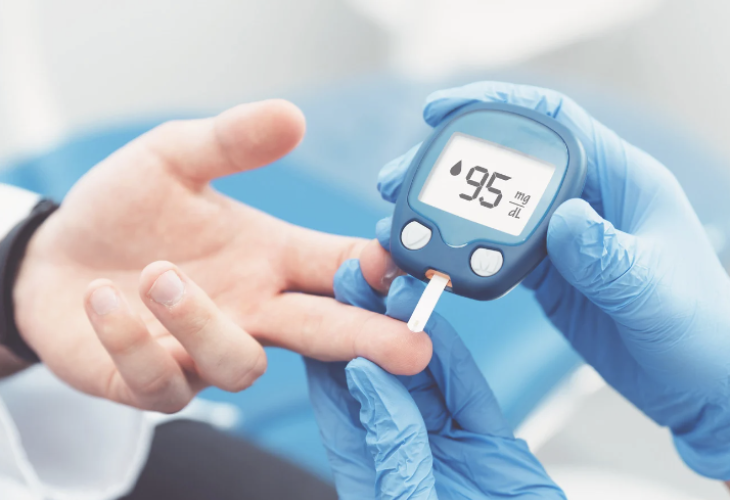Managing Diabetes: 5 Tips to Avoid Sugar Crashes During the Day
If you're managing diabetes or prone to low blood sugar, preventing hypoglycemia—sudden sugar crashes—is crucial. Here's how you can maintain stable blood sugar throughout the day with these 5 effective strategies.

To prevent sugar crashes (hypoglycemia) during the day, especially for those at risk due to conditions like diabetes or reactive hypoglycemia, it's essential to maintain stable blood sugar levels.
Here are five effective strategies to help prevent sugar crashes:
Eat Healthy Meals and Snacks - at Regular Times
Consistency in meal timing is key to managing blood sugar levels. Aim for balanced meals that include a mix of carbohydrates, proteins, and healthy fats every 3-4 hours, and incorporate snacks as needed, to avoid long gaps between meals.
Choose Foods with a Low Glycemic Index
Opt for complex carbohydrates with a low Glycemic Index (GI) to help maintain stable blood sugar levels. Foods like whole grains, legumes, nuts, seeds, non-starchy vegetables, and low-GI fruits can help prevent rapid blood sugar spikes and drops.
Consume Protein and Healthy Fats
Protein and healthy fats help slow carbohydrate absorption, which can aid in preventing sudden blood sugar level drops. Include sources of lean protein (such as poultry, fish, tofu) and healthy fats (like avocado, nuts, seeds, olive oil) in your meals and snacks.
Monitor Medications and Dosage
If you have diabetes and take medications that can lower blood sugar levels (such as insulin or certain oral medications), work closely with your doctor to monitor and adjust your medications as needed, to prevent hypoglycemia.
Stay Hydrated - Limit Alcohol Intake
Dehydration can affect blood sugar levels, so it's important to stay hydrated throughout the day by drinking water or other non-sugar-containing fluids. Limit alcohol consumption as it can lead to fluctuations in blood sugar levels and increase the risk of hypoglycemia.

